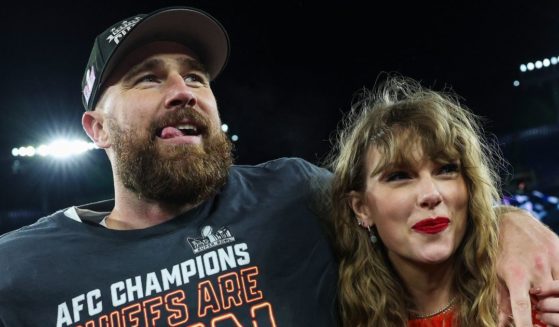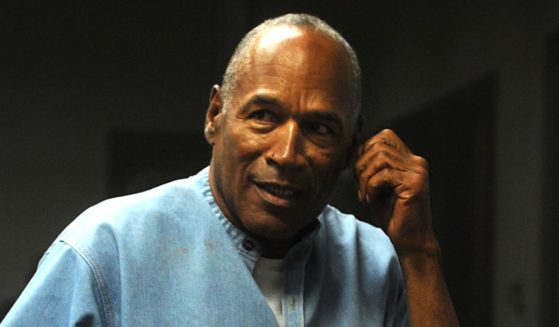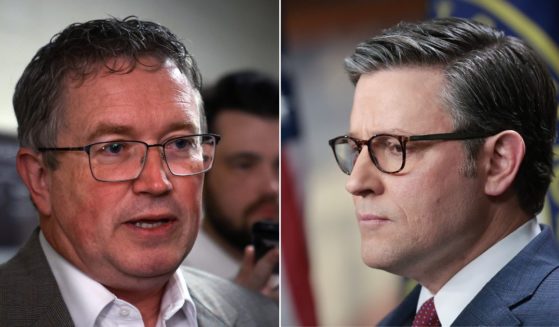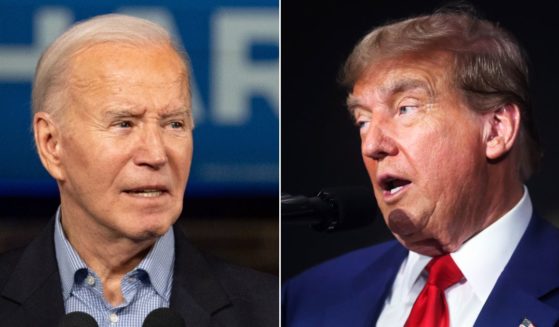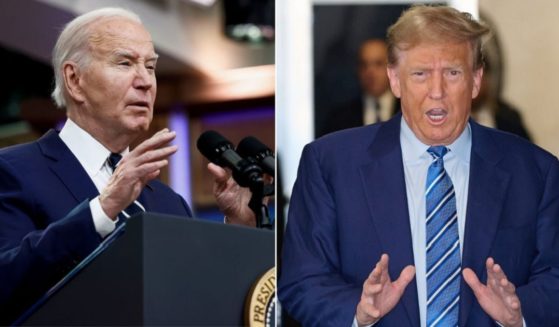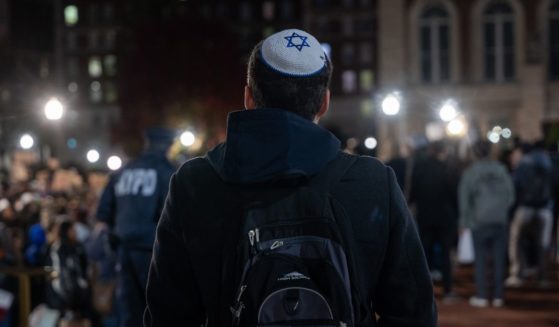State's Abortions Hit Double-Digit Increase After Judge Blocks Ultrasound Law
Sometimes, all that it takes for people to think twice about their actions is for them to realize that they have real-world consequences … including ending an innocent life.
That was the basic premise of a bill passed in Indiana and signed into law by then-Governor Mike Pence before he became vice president.
Called the “Dignity for the Unborn Act,” the law required that a woman seeking an abortion had to be given a chance to see an ultrasound of her unborn child at least 18 hours before the procedure.
Pro-life voices hoped that by seeing a fetus as the fast-developing human life it undeniably is, women would have a chance to re-think their decision on their own. There was still the “choice” liberals constantly talk about — after all, if it was just a “clump of cells,” what would be the objection?
The left objected anyway. In April of 2017, a judge blocked the ultrasound portion of the law, and now we have data about what happened as a result.
Indiana’s State Department of Health just released its Induced Terminated Pregnancy Report for 2017 — a detailed summary of abortions, basically. It suggests that the ultrasound requirement did, in fact, reduce the number of abortions in the state, while still giving women the much-lauded “choice.”
Here’s the eye-opening part: After the judge blocked the ultrasound law, there was a double-digit increase in the number of abortions.
“From July through December 2016, while the ultrasound law was in effect, there were 3,317 abortions in Indiana,” explained Indiana Right to Life, based on the state report.
“During the same period of July through December 2017, after the blockage of the law, abortions spiked to 3,813 in Indiana, a 13 percent increase compared to 2016,” the group continued.
Using the state’s own data, the pro-life group is now sounding the alarm about the consequences of blocking a law that was passed by the people’s representatives and signed by the governor.
“Activist judges blocked Indiana’s ultrasound requirement in early 2017 and now we’re paying the price in rising abortions,” said Mike Fichter, President and CEO of Indiana Right to Life.
“Planned Parenthood and its allies run to the courts every time our legislators pass laws that could jeopardize their lucrative abortion business,” he continued.
There’s no doubt that the abortion debate is a contentious one, but anybody who is honest about the issue must admit that it ends the life of a human being which cannot defend itself.
That undeniable loss of innocent life is what most bothers conservative activists like Fichter.
“We are heartbroken that the continued blockage of good laws by activist judges is leading to more deaths in Indiana,” he said.
“We urge Attorney General Curtis Hill to appeal the activist judges’ rulings, all the way up to the Supreme Court if needed. Indiana’s legal battles over common sense pro-life laws underscore the need for a solid, Constitutionally-minded replacement to retiring U.S. Supreme Court Justice Anthony Kennedy,” Fichter continued.
The left’s refusal to let women see and understand exactly what an abortion is ending serves as a strong hint that pushing an agenda is more important to them than true “choice” — and a showdown in America’s most powerful court may be exactly where the abortion debate is headed.
Truth and Accuracy
We are committed to truth and accuracy in all of our journalism. Read our editorial standards.

